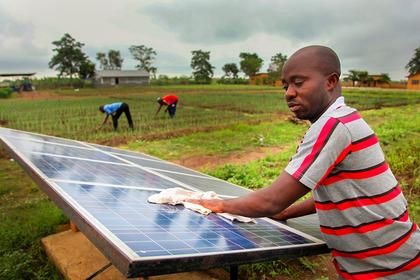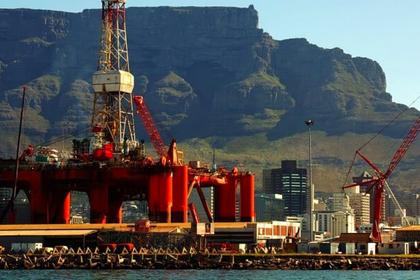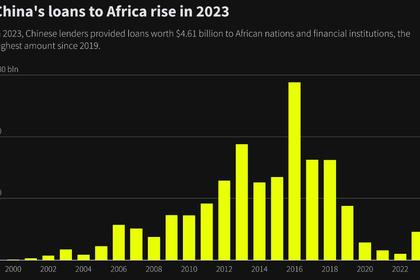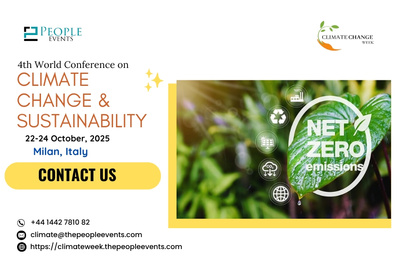
GAS ENERGY FOR AFRICA
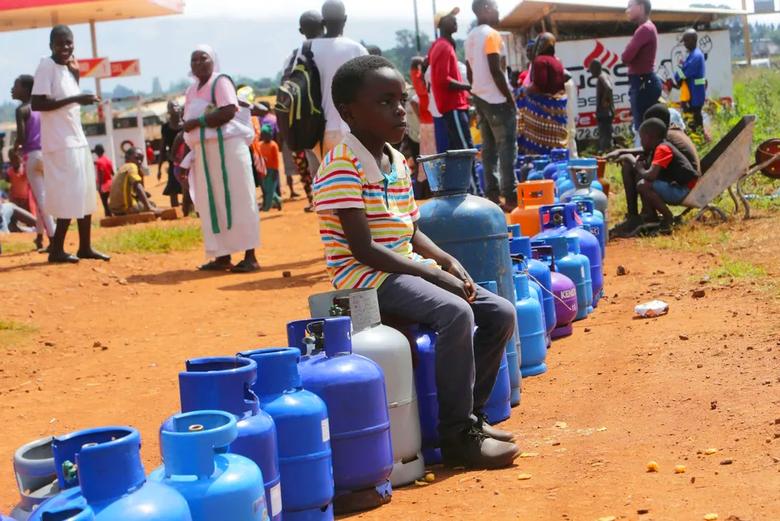
By Magdaline Mwihaki energy writer, africa digest news
ENERGYCENTRAL - Nov 11, 2024 - At the recent African Energy Week (AEW) 2024 held in Cape Town, a panel discussion highlighted the critical role of natural gas as a catalyst for industrialization across Africa. Industry leaders and policymakers gathered to discuss how harnessing natural gas can drive economic growth while addressing the continent's pressing energy needs. With Africa possessing vast natural gas reserves—estimated at around 620 trillion cubic feet—there is significant potential for this resource to transform industries and improve living standards across the region.
The discussions emphasized that natural gas is not only a cleaner alternative to coal but also a reliable energy source that can support various sectors, including manufacturing, agriculture, and transportation. As Africa's energy demand is projected to increase significantly in the coming decades, tapping into local gas resources could provide the necessary energy security for burgeoning industries. For instance, countries like Nigeria and Mozambique are already investing heavily in natural gas projects, which are expected to create jobs and stimulate economic activity.
One of the key points raised during the panel was the importance of developing infrastructure to support natural gas utilization. This includes building pipelines, gas-fired power plants, and liquefied natural gas (LNG) export facilities. Such infrastructure is essential for ensuring that natural gas can be efficiently transported and utilized within countries and across borders. The proposed Nigeria-Morocco Gas Pipeline, for example, aims to transport gas from Nigeria through several African nations to Morocco and Europe, enhancing regional energy security and economic integration.
The potential benefits of natural gas extend beyond just energy supply. It plays a crucial role in agricultural productivity by serving as a key input for fertilizers. By increasing access to affordable fertilizers through local gas production, African nations can boost food security while reducing reliance on costly imports. This dual benefit of energy and agricultural development highlights how natural gas can contribute to broader economic goals.
However, realizing the full potential of natural gas requires strategic planning and investment. African governments must create favorable policies that attract both domestic and international investors into the gas sector. This includes establishing regulatory frameworks that ensure stability and predictability for long-term investments. Countries like Tanzania are already taking steps in this direction with large-scale LNG projects that promise to enhance domestic energy security while generating revenue through exports.
Collaboration among African nations is also crucial for maximizing the benefits of natural gas. By sharing knowledge and resources, countries can develop regional markets that enhance connectivity and reduce costs. This collaborative approach could lead to more efficient energy distribution and greater investment opportunities across the continent.
As Africa navigates its energy transition, it is important to integrate natural gas into a broader strategy that includes renewable energy sources. While some voices call for moving away from fossil fuels entirely, many leaders argue that natural gas is essential for providing reliable energy during this transition period. It can complement renewable sources by ensuring a stable supply when solar or wind resources are insufficient.
In conclusion, the discussions at AEW 2024 underscored that natural gas is not just an energy source; it is a catalyst for Africa’s industrialization journey. By investing in infrastructure and fostering regional collaboration, African nations can unlock their industrial potential while addressing immediate energy needs. As they work towards a sustainable future, leveraging natural gas alongside renewables will be key to ensuring economic growth and improving living standards across the continent. The path ahead will require careful planning, strategic investments, and a commitment to sustainable practices that benefit all Africans.
-----
This thought leadership article was originally shared with Energy Central's Energy Collective Group. The communities are a place where professionals in the power industry can share, learn and connect in a collaborative environment. Join the Energy Collective Group today and learn from others who work in the industry.
-----
Earlier:
